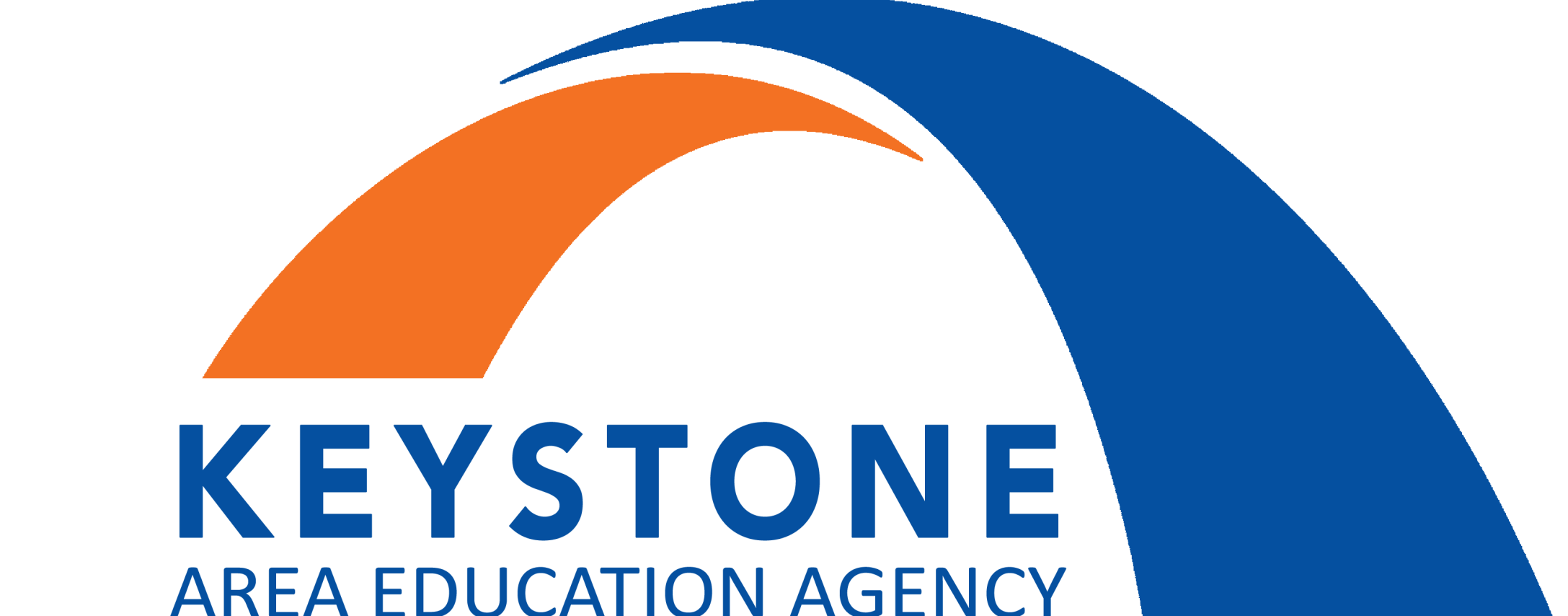
The Nonviolent Physical Crisis Intervention Program, developed by the Crisis Prevention Institute (CPI), not only teaches staff to respond effectively to the warning signs that someone is beginning to lose control, but also addresses how staff can deal with their own stress, anxieties, and emotions when confronted with these challenging situations. The program trains participants to recognize changes in behavior that could be cues to escalating behavior and then teaches them appropriate responses to attempt to deescalate it. The training emphasizes staff awareness of verbal and nonverbal behavior and how it can either escalate or deescalate a situation. The training then teaches the staff about keeping themselves physically safe in dangerous situations and how team intervention is preferable to solo intervention. Finally, staff is instructed in the safe, non-harmful use of physical restraint only as a last resort.
CPI Training
Keystone AEA offers both initial and recertification training through a regional training model. These trainings are open to any districts/schools within the Keystone service area.
Training Opportunities
To view the complete list of course offerings, please use the professional learning registration system.
Questions?
Tasha Fritz
Regional Administrator
tfritz@keystoneaea.org
563-447-0158 or 800-632-5918
or
professionallearning@keystoneaea.org
563-241-5397
